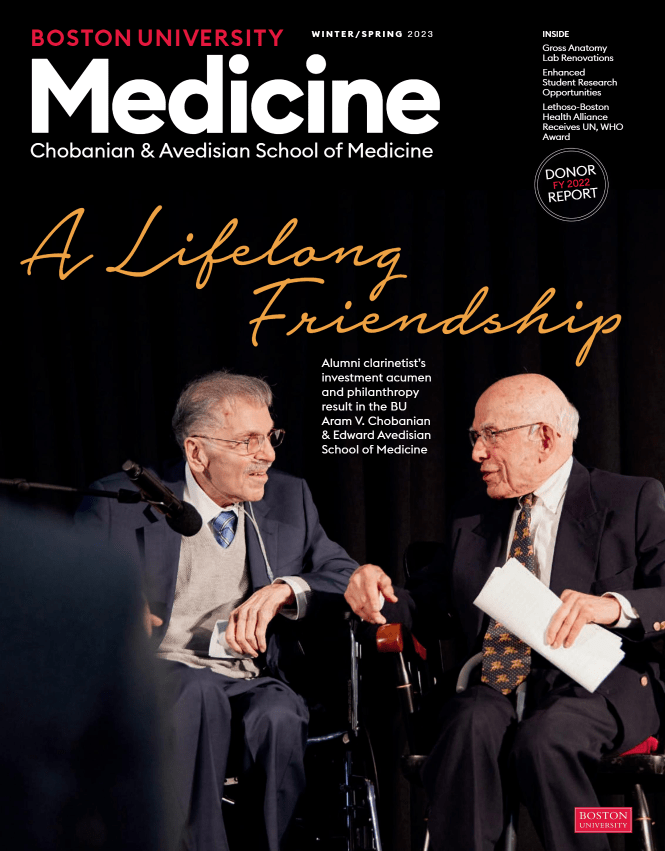Research Projects
Today, millions of children play contact sports while their brain is in critical phases of development. It is now known that long-term exposure of a child’s brain to subconcussive trauma or repeated head injuries leads to brain damage linked to mental illness, including depression, anxiety, schizophrenia, impulsivity, and suicidality.
In addition, more focus has been on Chronic Traumatic Encephalopathy (CTE), a progressive neurodegenerative disease associated with repeated traumatic brain injuries (TBIs), including concussions and repeated blows to the head. Unfortunately, a diagnosis of CTE can only be made after death, and the attention it receives overshadows other consequences of repetitive brain trauma.
Meanwhile, hundreds of children take their lives yearly while thousands suffer from mental illness, we suspect due to their prolonged exposure to contact sports.
Driven by research and the desire for further understanding, we aspire to save the lives of adolescent athletes and athletic adults who have come before them.
Our Sponsored Research Has Been Published!
All Sponsored Research by
The Mac Parkman Foundation
Mac Parkman Foundation Funds Brain Injury Research in Young Athletes
The Mac Parkman Foundation has committed $258,000 to Boston University and the Icahn School of Medicine at Mount Sinai to study changes in the brains and neuropsychiatry of young contact sport athletes.
This work aims to help explain how white matter changes arising from repetitive head impacts lead to serious morbidity, including death. It has the potential to dramatically alter the way American football is played and neuropsychiatric illness is diagnosed.
Podium
- Ballatori, A.M., Haddad, A., Shahrestani, S., 2022. Determining optimal screening guidelines for novel anxiety and depression following mild traumatic brain injury. International Paediatric Brain Injury Society & North American Brain Injury Society’s 2022 Joint Conference on Brain Injury, New York, NY, USA. (Podium) (Abstract
Posters
-
Ballatori, A.M., Haddad, A., Shahrestani, S., 2022. Young males have the highest odds of developing novel suicidal ideation within 365 days following a concussion. International Paediatric Brain Injury Society & North American Brain Injury Society’s 2022 Joint Conference on Brain Injury, New York, NY, USA. (Poster) (Abstract)
-
Ballatori, A.M., Haddad, A., Shahrestani, S., 2022. Risk factors for developing novel depression and anxiety following mild traumatic brain injury. International Paediatric Brain Injury Society & North American Brain Injury Society’s 2022 Joint Conference on Brain Injury, New York, NY, USA. (Poster) (Abstract)
-
Ballatori, A.M., Haddad, A., Shahrestani, S., 2022. Determining optimal screening guidelines for novel suicidal ideation and homicidal ideation following mild traumatic brain injury. International Paediatric Brain Injury Society & North American Brain Injury Society’s 2022 Joint Conference on Brain Injury, New York, NY, USA. (Poster) (Abstract)
-
Ballatori, A.M., Haddad, A., Shahrestani, S., 2022. Young males have the highest odds of developing novel suicidal ideation within 365 days following a concussion. Cognitive Neuroscience Society’s Annual Meeting, San Francisco, CA, USA. (Poster) (Abstract)

